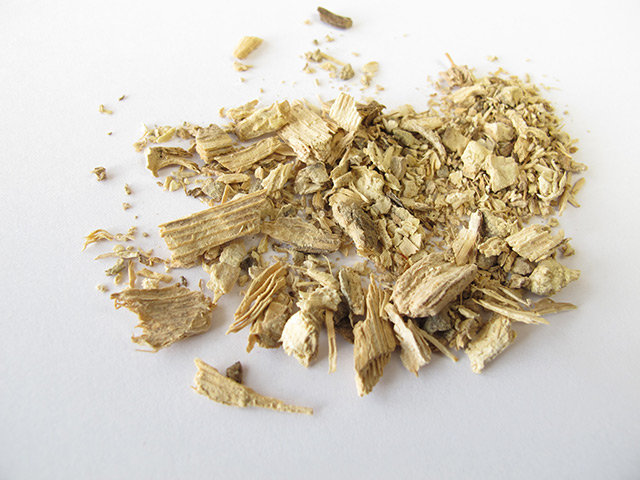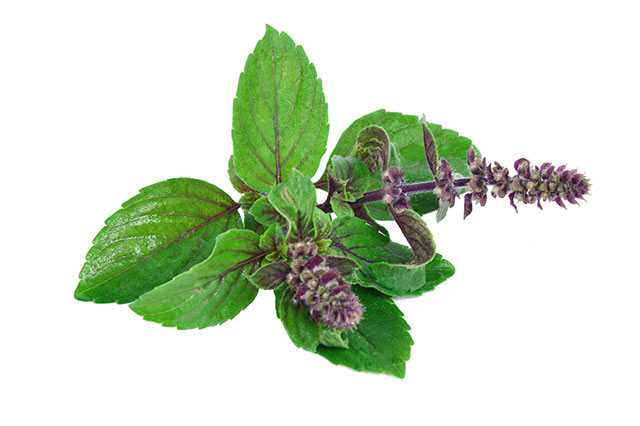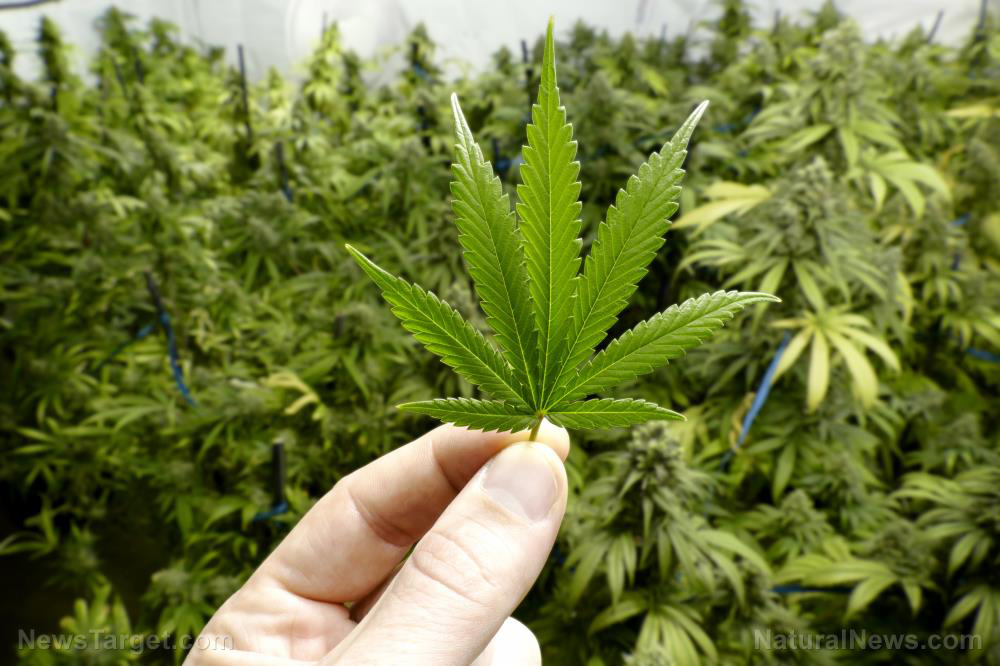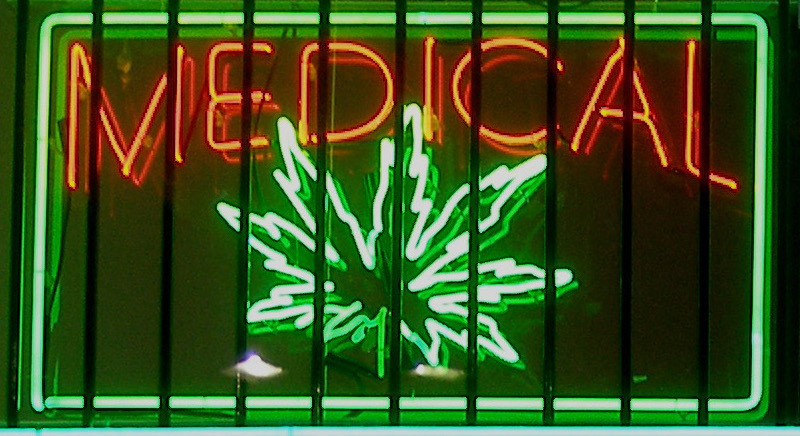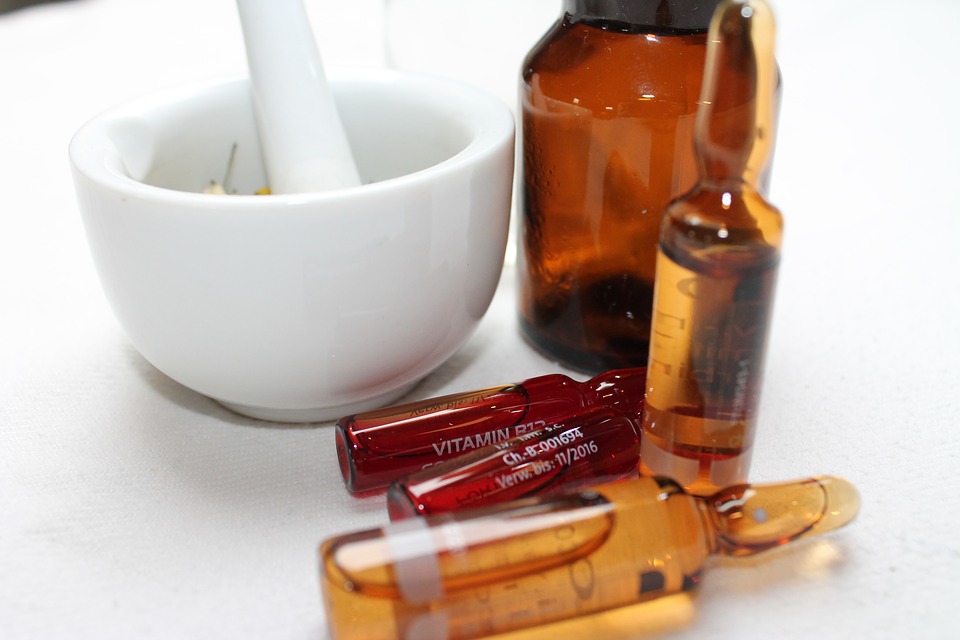Red peppers are a potential source of innovative bioactive compounds
02/20/2019 / By Ellaine Castillo

A team of researchers from the Federal University of Rio Grande do Sul and the Federal University of Health Sciences of Porto Alegre has found that bioactive compounds in red pepper (Capsicum baccatum) have anti-adhesive and antibiofilm properties. This finding, which was published in the journal Industrial Crops and Products, shows the potential use of red peppers in preventing bacterial biofilms from forming.
- Antibiotic resistance is associated with the formation of biofilms, which are complex communities of microorganisms attached to different surfaces. This structure is involved in the development of infections and even contributes to therapeutic failures.
- Red pepper is known for its potent antioxidant, anti-inflammatory, antifungal, and antibacterial properties. It is also widely used as a traditional remedy for wound infections, fresh burns, respiratory problems, bowel complaints, earaches, and sores.
- In this study, the researchers evaluated the potential of red pepper extracts to prevent biofilm formation of Staphylococcus epidermidis and Pseudomonas aeruginosa. They also determined the phytochemicals present in red pepper extracts and determined their toxicity against greater wax moth (Galleria mellonella) larvae.
- The results of the study showed red pepper extracts can inhibit S. epidermidis and P. aeruginosa from forming biofilms. Additionally, the extracts did not exhibit in vivo toxicity.
- Phytochemical analysis revealed that the extracts contained amino acids or proteins, polyphenols, saponins, tannins, tri-terpenes. Meanwhile, alkaloids, anthraquinones, and coumarins were absent from red pepper extracts.
From these results, the researchers concluded that red pepper contains bioactive compounds that have therapeutic potential against antibiotic-resistant bacteria. This is because of its antiadhesive and antibiofilm properties, as well as its non-toxic nature.
The full text is available at this link.
If you’d like to read more news articles on the different uses of red peppers, visit Food.news.
Journal Reference:
Borowski RGV, Zimmer KR, Leonardi BF, Trentin DS, Silva RC, Barros MPD, Macedo AJ, Gnoatto SCB, Gosmann G, Zimmer AR. RED PEPPER CAPSICUM BACCATUM: SOURCE OF ANTIADHESIVE AND ANTIBIOFILM COMPOUNDS AGAINST NOSOCOMIAL BACTERIA. Industrial Crops and Products. 1 November 2018;127. DOI: 10.1016/j.indcrop.2018.10.011
Tagged Under: antiadhesive, antibiofilm, antibiotic-resistant bacteria, Capsicum baccatum, disease prevention, Pseudomonas aeruginosa, red pepper, Staphylococcus epidermidis



